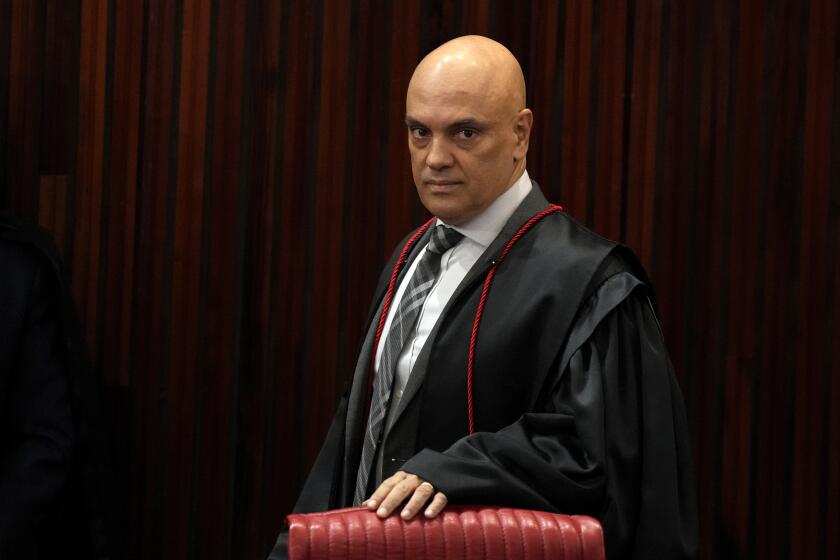No Taxpayer Aid for FDIC, Seidman Says
The head of the government agency that protects bank deposits said today that the giant insurance fund could be depleted by the end of this year if the recession is longer and deeper than currently expected.
William Seidman, the chairman of the Federal Deposit Insurance Corp., said, however, that even if the more pessimistic scenario does develop, the government will be able to replenish the fund with larger contributions from the banking industry.
“At this point, I don’t see any likelihood that we will have to go to the taxpayer,” Seidman said, adding later, “There is no crisis here.”
He indicated that $10 billion was a rough estimate of how much more money the FDIC will need over the next two years from the banking industry. He said he was to discuss the matter with banking industry representatives today.
Seidman’s status report on the condition of the FDIC bank fund showed that at the end of 1990 the fund had a balance of $8.5 billion, down from $13.2 billion in December, 1989, as fund resources were reduced to handle 169 bank failures last year.
Seidman’s estimate said the fund will be further drawn down to $3.9 billion at the end of this year and to $2.4 billion at the end of 1992 under a baseline economic forecast that assumes the recession will be a mild one, ending by this summer.
Seidman included a second estimate that showed the fund standing at zero at the end of 1991, however, and being in the red by $5.8 billion at the end of 1992, assuming a recession that lasted into 1992, causing more banks to fail.
The forecasts put the range of bank failures for this year at between 180 and 230 and the number for 1992 at between 160 and 210.
More to Read
Inside the business of entertainment
The Wide Shot brings you news, analysis and insights on everything from streaming wars to production — and what it all means for the future.
You may occasionally receive promotional content from the Los Angeles Times.






